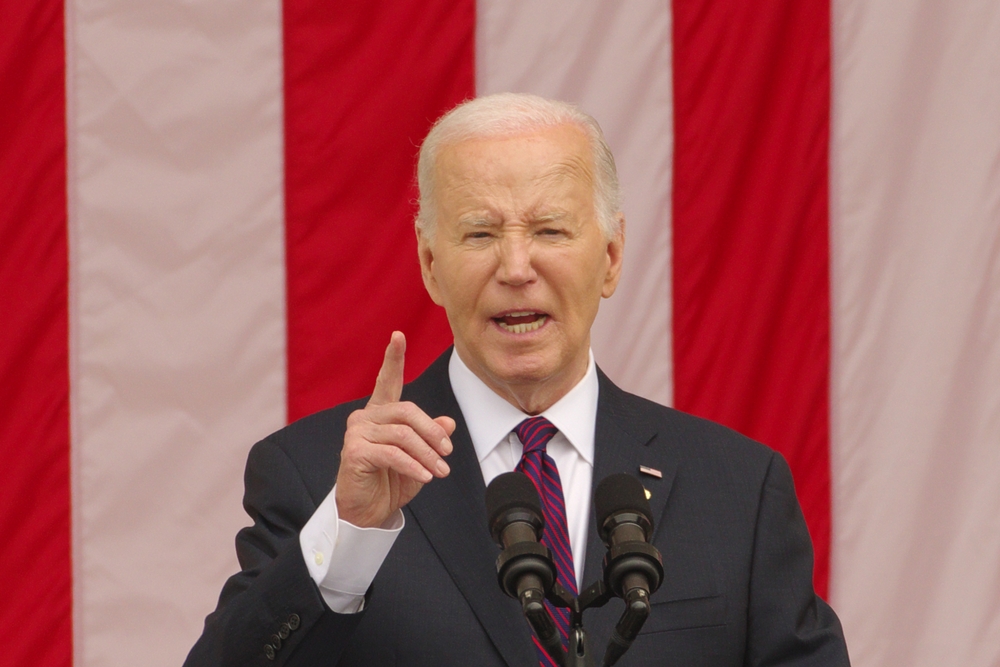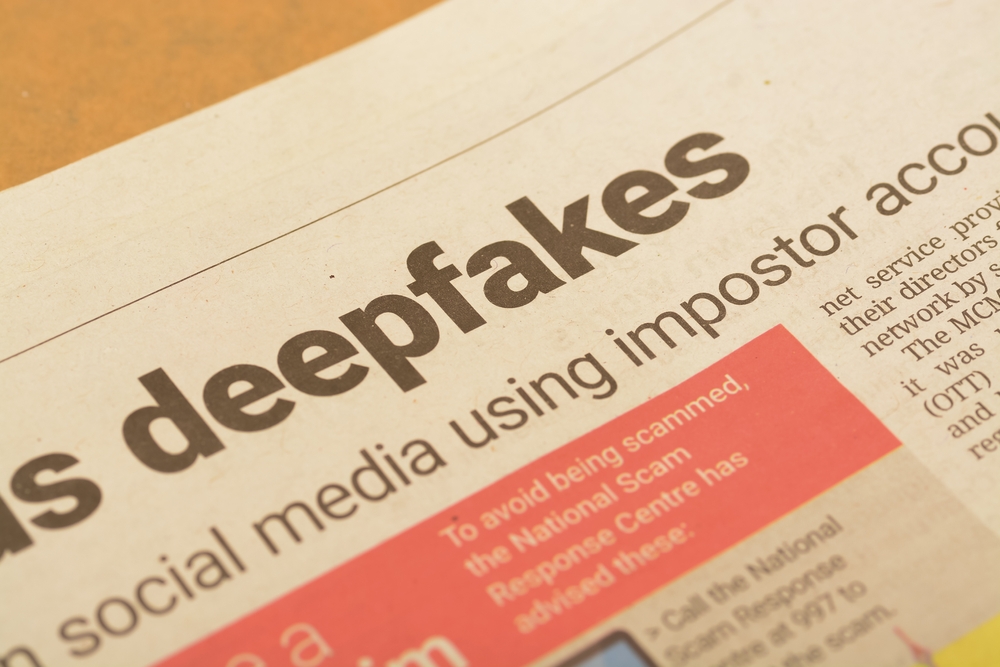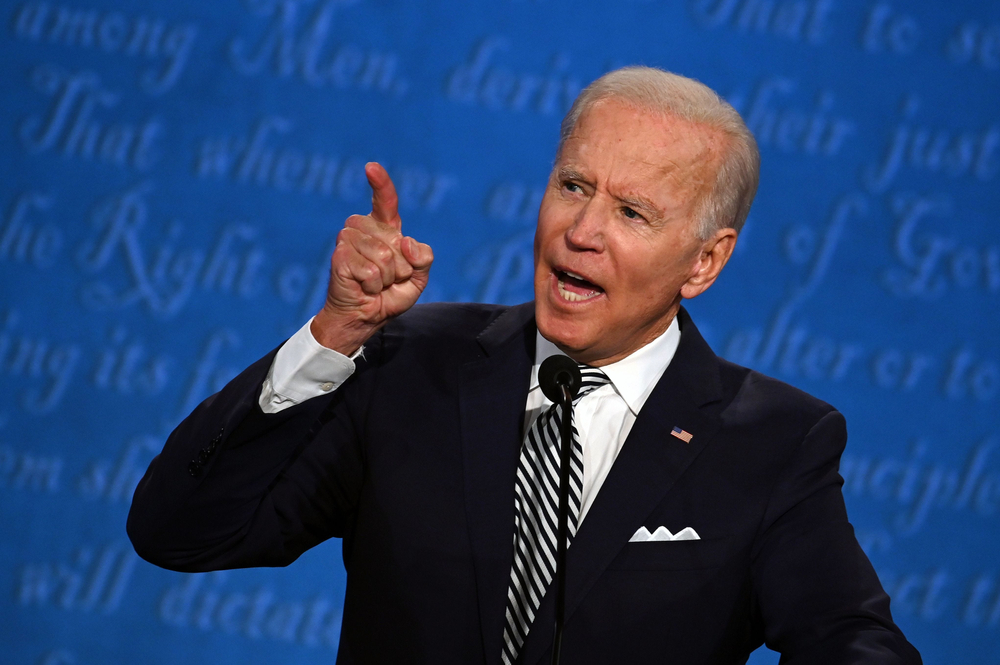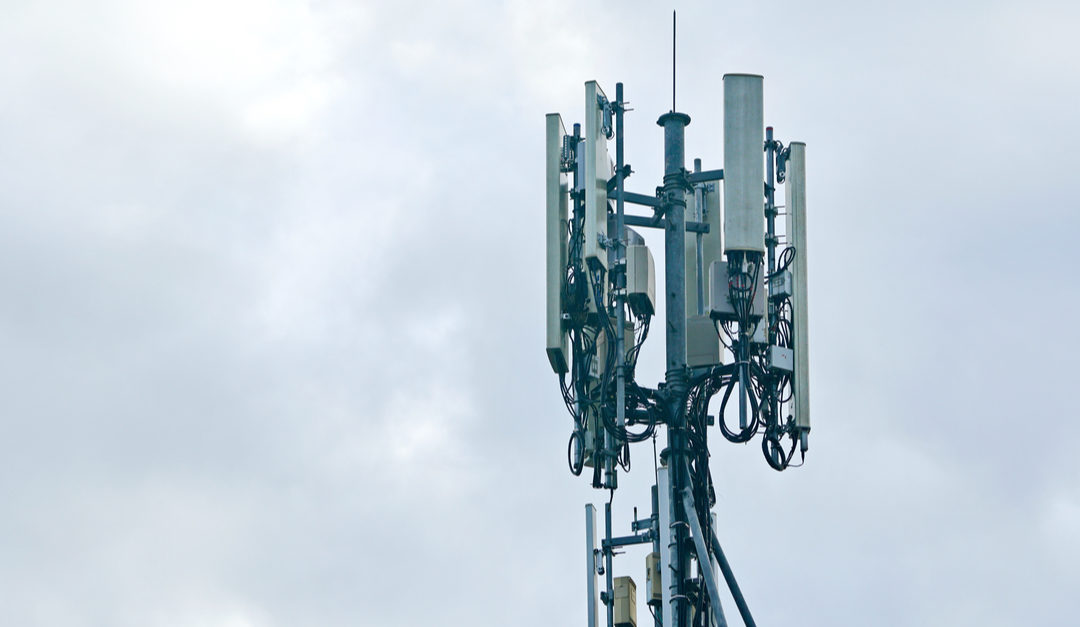Usage based billing (UBB), also referred to as pay as you go, pay-per-unit, or metered pricing, amongst others, is a billing model used across a variety of industries that charges users based on what they actually use instead of a fixed rate that is the same for everyone. This billing approach is common for services where usage can vary widely, and the approach is increasingly common especially as software-as-a-service continues its popularity with customers.
Of course, there are always those who believe they have a better way for a business to operate, and for some of those people UBB is just not acceptable. They envision an online world where everyone pays the same no matter what they are doing online. Someone who only needs access to read and send email would be charged the same as the upstart crypto miner down the block; the person only reading restaurant reviews on Saturday would pay the same as 24/7 high-definition graphics game player.
Imagine purchasing electricity this way. Your 1,200 square foot house only cooled to 74 degrees in August would cost the same as the 10,000 square foot, 64-degree house down the road. How about paying the same to take an Uber to the grocery store while your neighbor takes one across the country and you both pay the same rate? This system works for no one, except maybe the regulators. Regulators, and legislators, are often so eager to require that certain industries operate in a manner they imagine is most beneficial that they forget the damage they do to consumers and innovation.
Innovation takes many forms. Most obvious, perhaps, is the new gadget, but services, operations and billing practices all result in greater benefits for consumers when those functions also are infused with innovation.
Government forcing internet service providers, or any business, to sell their product or service at a fixed price rather than a pricing system that works for them and their customers is just run of the mill price controls. Those who claim that ending the option to offer usage based billing protects consumers ignore the practice’s wide use throughout our economy. Even worse, they ignore the economic damage that their arbitrary restriction would visit upon most consumers, especially those who use internet access less than average.
So, who are those who have internet access but use it less than others? To answer in the reverse, according to Pew Research, urban residents under 50 years old are the heaviest users and often report that they are “always on.” Suburban users less so and rural users even less. Those 65 years old and older also use the internet less. These then are the biggest losers in this government regulatory scheme — suburban and rural retirees.
The pursuit of one price fits all also signals a deep and disturbing misunderstanding of how an internet service provider operates. Despite some politician’s stated understanding, the internet is not “a series of tubes.” Delivering access to broadband is not akin to delivering water to a home. Rather, the demand on the network, and hence the costs, are dynamic.
Networks are in an almost constant state of expansion and improvement as consumers demand faster, better and further reaching systems. UBB meets this reality by allowing providers to change their pricing as offerings, conditions and consumer demand warrants. Individuals win as services meet the moment.
Regulators may have a role to play but that role is not to curtail innovation and most certainly is not to harm consumers. If they have their way and end UBB for service providers, the losers will not just be those forced to pay higher prices for less but the American innovation landscape broadly.

Broadband Providers and a Smart FCC: Keep Us Connected While We Stay Distant
"Particularly over the last decade, much has been said about “innovation.” Many have commented on how to create an environment to inspire it, to manage it or benefit from it. In fact, so much has been said that unfortunately many people tune it out. This has happened...

Will 5G get 6GHz?
Will 5G Get 6GHz? Last year was a great year for consumers, business and the FCC as much needed licensed spectrum was auctioned or put in the spectrum pipeline, and critical decisions were made by the FCC related to opening up C-band and 5.9 GHz slices of spectrum for...

A Lavish Holiday Season for the Favored Programs of Government
With a month to go, and only a week or so until Christmas, the Biden administration is checking its winners and losers list, and delivering cash packages as fast as it can. Welcome to the season of Bidenomics at the speed of Donner and Blitzen. Bidenomics was peddled...

Institute for Policy Innovation: Global Encryption Day Briefing
The Institute for Policy Innovation (IPI) recently hosted an event on Encryption and Online Commerce featuring the Innovation Economy Alliance's Executive Director Bartlett Cleland. IPI reports "Encryption is vital for secure online commerce and private communication....

Adapt and Overcome: The DoD’s Software Deployment Risks Bottlenecks and Stagnation – it’s time to heed the warning signs
The Pentagon’s current Authority to Operate (ATO) process poses a significant risk to the innovations our military needs. Among the three letter alphabet soup acronyms of the Federal government there’s one which stands out almost exclusively as perpetually problematic...

IEA Joins Coalition Opposing Broadband Taxes
Click here to read the Coalition Letter Opposing Broadband TaxesDownload

IEA Leads Coalition Supporting No FAKES Act
Click here to read the No FAKES Act Coalition letterDownload

PODCAST – All Things Tech in Sacramento and Washington
The Executive Director of the Innovation Economy Institute, Bartlett Cleland, joins Pacific Research Institutes podcast to discuss big tech debates and how the upcoming prresidential election could affect tech policy. Click here to listen to the podcast.

IEI Signs Coalition Letter Reiterating Opposition to Biden Admin’s Broadband Rate Regulation
Click Here to Read the Full Letter

IEI Signs Coalition Letter Against KOSA
You can read the full letter here.

IEI Joins Coalition Against Section 230 Repeal or Replace
You can read the full letter here

When Poles are Made Out of Reach So Too is Broadband Access for Many
As May graduations give way to family summer vacations millions will hit the road to crisscross our sprawling country. Down those same stretches of vacationer crowded highways are millions of utility poles which serve as home to electric, traditional phone and...


Recent Comments